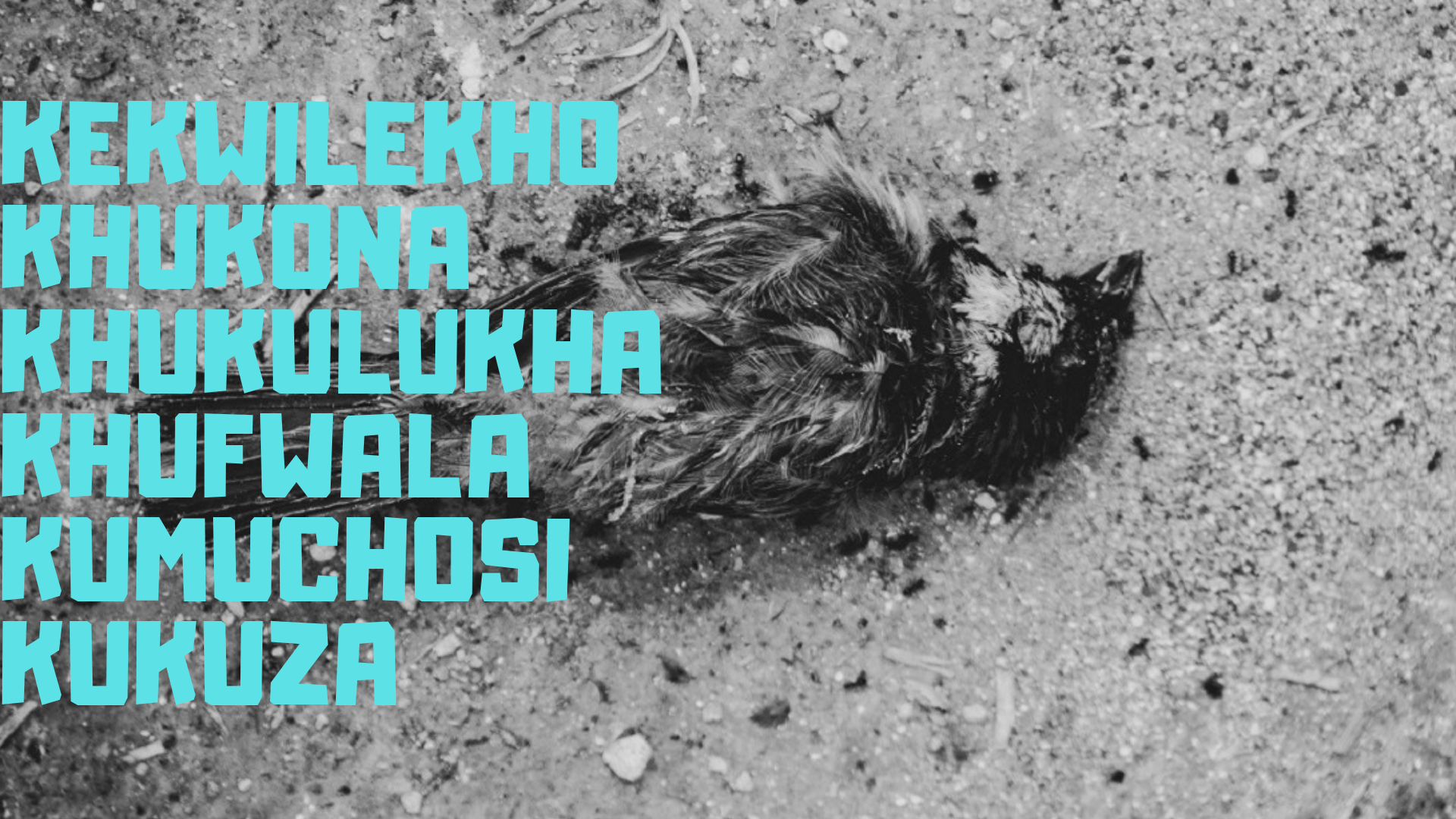Fear, exasperation, hopelessness and loss are just some of the words that we associate with death. Such are the different things we feel, suffer and experience about death. It is why there were different types of death among the Luhya.
Death, the great mystery of life, never is music to the ears. However unwanted, its inevitability forces man to find ways of coping. One way the Luhya coped with death – aside from elaborate rituals – was to call it by any other name but. By doing so, the people of mulembe hoped to keep the grim ripper away, especially for certain types of death.
However, some of the names given to other types of death among the Luhya were celebratory. This dichotomy of reactions to bereavement is expected. For example, the expression of death that comes to a young life cut shot by say a bullet from a gunman, can’t be communicated as that of an old man who ‘left’ in his sleep.
7 TYPES OF DEATH AMONG THE LUHYA
Kekwilekho
Meaning, he or she has ‘fallen by oneself’. Kekwilekho is how deaths from suicide are refereed to among the Bukusu. Given the taboos and death rituals surrounding suicide among the Luhya, this clever expression is designed to help the bearer of such grave news from ‘calling out’ the act.
Khukona: The Most Celebrated Type Of Death Among The Luhya
Means ‘to sleep’ in Lubukusu. In all the other Luhya dialects it means the same; save for variations in intonation and pronunciation. Khukona is a type of death among the Luhya, that’s common among the elderly. It happens when they die peacefully in their sleep.
Khukulukha
When a mother of twins lost one of her twins, this death was referred to as Khukulukha. Khukulukha means to walk fast and clumsily, in a manner that one half tramps, half stumbles. It talks of the departed twin as being too fast for life, too eager to live that they lost it. One refers such a dying as khukulukha to avoid the other twin from following suit.
Khufwala Kumuchosi: The Most Loathed Of Types of Death Among the Luhya
When one was described as having ‘worn a jersey’ i.e khufwala kumuchosi, then it is understood the person had been murdered. Murder was the most loathed type of death among the Luhya for obvious reasons.
Still, there is one situation where murder was taken to be a case of manslaughter: crimes of passion. As the story of Makunja and his habit of eating rats whose owner came to know, in even such extraneous circumstances the ways handed to us by our fathers were extremely stringent.
Kuzia
Kuzia means someone has ‘left’ among the Maragoli. This type of death expresses the shock of a death that was unexpected or went against common thought. Like what happens when one visits a loved one in hospital, only to leave and be informed of their death. All this happening when the doctors had expressed satisfaction with their progress. With this type of death, the one who has died “slips away”.
The loss here is the akin to the one when the last coin between you and poverty manages to slip from the pocket into a pit latrine. Or when a having lunch under the shade of a Kumukhuyu tree, the chicken makes away with the solitary piece of meat that you had been saving for the last bite.
Or when a hawk flies away with your piece of chicken, spilling whatever is left of your food, while at a wedding. There you are, embarrassed and famished, with the queue for food is so long. It is the type of death that leaves you beating yourself up wondering if there is something you could have done.
Kutura
On the other end ‘kutura’ expresses a more forceful separation. It’s like the dead at some point decided it was time to go. Think of this type of death among the Luhya as one that takes a loved one who has gallantly fought a chronic disease.
Kukuza
This the more general term for death among the Maragoli. While it can be used to express any of the kinds of death among the Luhya that we have described, it often talks of distant relations. Mkuzi on the other hand is a respectful way to refer to a dead person irrespective of your relations.

